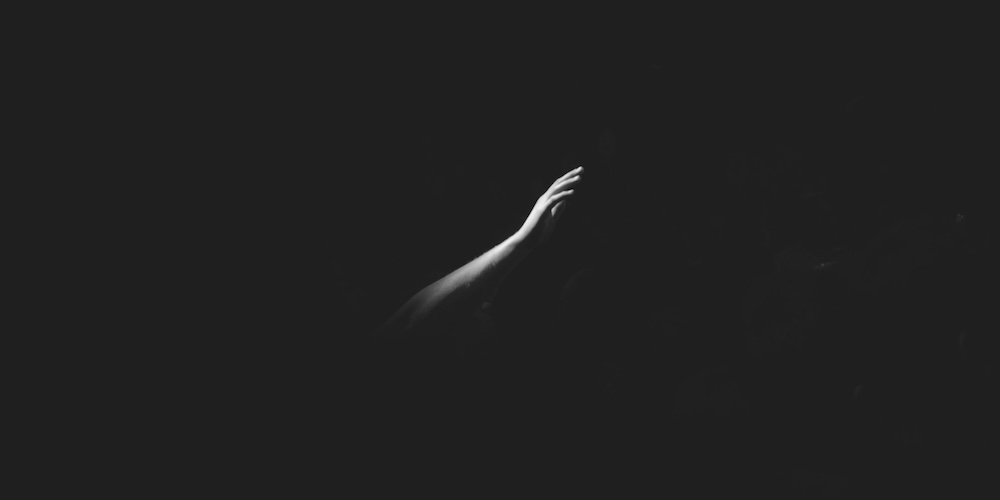I’ve been thinking about belief. About how it shapes everything we build, and everything we destroy. Faith in the unseen has always driven us forward, regardless of the fact that whether that faith belonged to gods, or to machines.
Technology and religion, I’ve realized, are not opposites. They are siblings. Both born from the same human restlessness: the need to overcome, to explain, to transcend.
One looked to the sky for answers. The other looked within circuits. But, both began with the same impulse: Can I change what is?
When early humans struck stone against stone to make fire, they weren’t just inventing a tool, they were performing a ritual. They were summoning light, something only the heavens had owned before.
That spark marked a shift: power could move from the divine to human hands.
From that moment, every leap, from the wheel to the internet, became a continuation of that first fire.
Religion tried to make sense of the world. Technology tried to remake it. Both promised hope.
Faith never truly left us. It only changed form.
Today, we believe in the invisible again, only now we call it Wi-Fi, the Cloud or AI.
We don’t understand these things, yet we trust them completely. We pray through screens, send our thoughts into the ether and wait for answers. Religion has priests. Technology has developers. Both speak in code languages the ordinary can’t decipher, but still depend on.
A pastor steps onto the stage not merely to speak, but to ignite belief, to remind people that something greater exists beyond themselves. The pulpit is his medium, the congregation his network of faith.
In much the same way, a CEO steps onto a stage illuminated by LED screens and livestreams, unveiling not revelations but products, not commandments but updates. Their sermons are keynotes; their followers, global.
What once took centuries to spread through scripture can now reach millions in seconds through social media. Both moments, the sermon and the launch, are acts of persuasion, orchestrated belief. One asks people to trust in the divine; the other, to trust in design.
Religion offers surrender: Trust in God.
Technology offers control: Trust the system.
But both give us comfort in uncertainty. We used to whisper our hopes to the stars; now we type them into search bars. The interface changed, not the instinct.
Once, we built temples of stone and marble. Now, we build them out of glass and light. Server rooms hum like cathedrals of data. We make offerings of time, attention and fragments of our identity. Religion once promised life after death. Technology now whispers of digital immortality.
Same longing, new design.
But both can go wrong. Religion without humility becomes fanaticism. Technology without conscience becomes tyranny. Each can blind us with certainty. But, their truest purpose was always to help us wonder.
Maybe they were never meant to compete. Maybe one has always been evolving into the other. Religion was our first operating system. Technology is simply the latest update.
Every generation redefines what it means to believe. For some, it’s still the divine. For others, it’s data. But belief itself, that need to trust something larger than us, is eternal. Perhaps the real story isn’t about faith versus technology, but about how one keeps teaching the other to be human.
